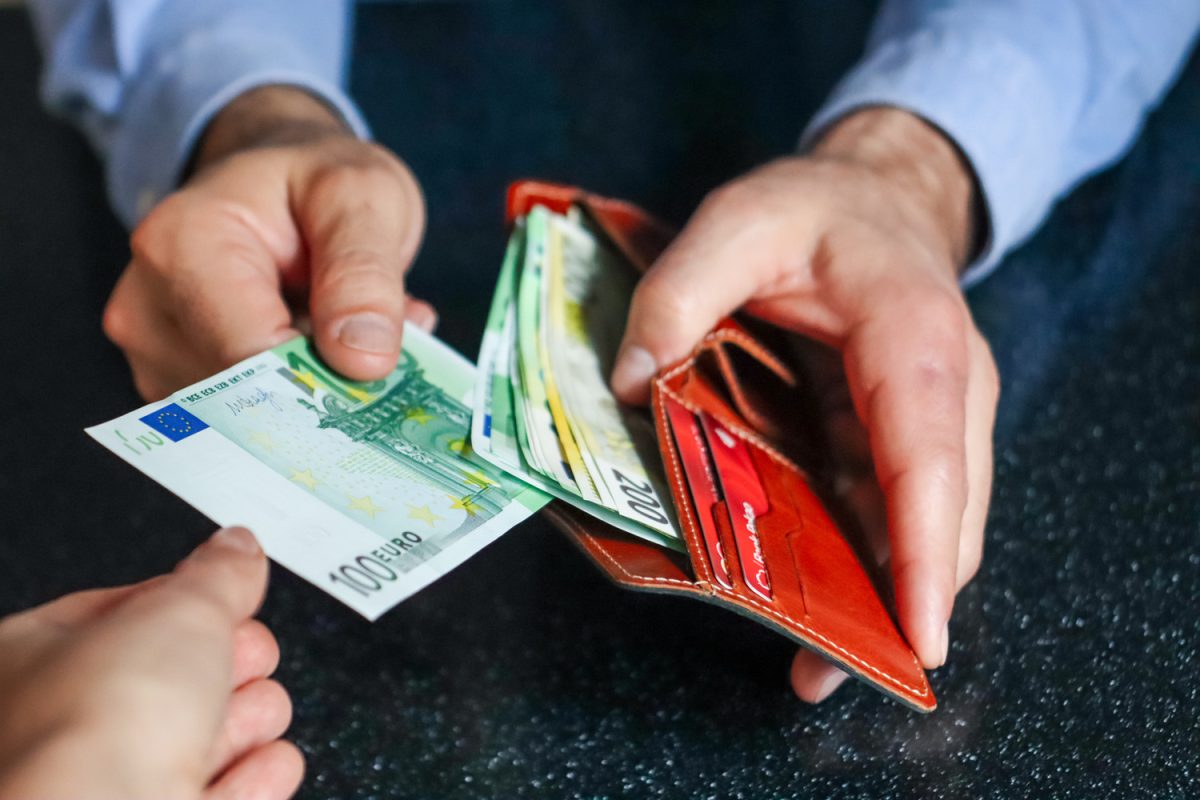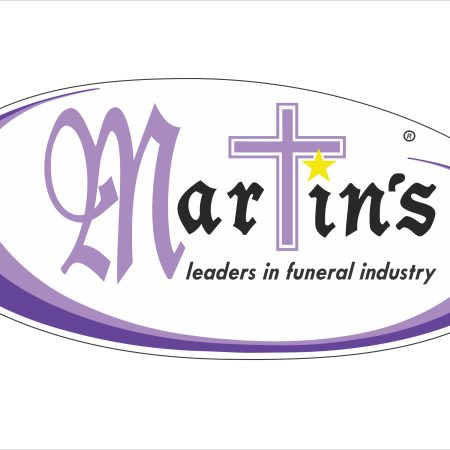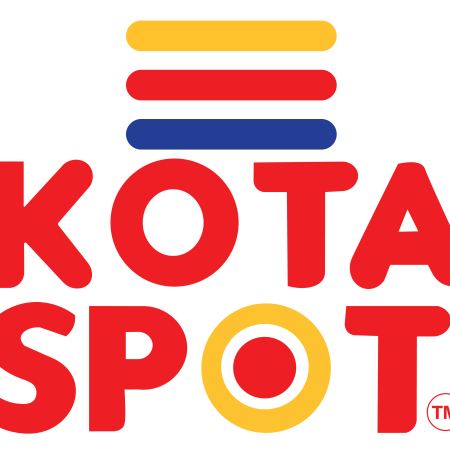If you are in the market to buy a franchise, there are plenty of opportunities to choose from at various investment levels. The cost to start a franchise varies between brands and even within brands, as the size or location of the outlet will have an impact. However, you can prepare yourself by considering your budget and knowing the costs involved in starting a franchise.
Start with your budget
Your budget consists of your available funds to invest in the franchise. As a rule of thumb, if you have 50% of the total investment required, a good credit record and security to offer for a loan, you may qualify for bank finance. This means you can double the money to determine which franchise is within your investment range. For example, if you have R500 000 to invest and meet the bank’s criteria, you could qualify for a loan and buy a franchise to the value of R1 000 000. Be sure to ask the franchisor where you are applying what their guidelines are, as they may differ from the bank requirements.
The initial franchise fee
The initial franchise fee or joining fee is the fee you pay the franchisor to join the franchise. It would be good to have this available in cash, as some franchisors require this payment in advance to secure your franchise. This fee should go towards the use of the brand and start-up assistance provided by the franchisor. Generally, these fees vary from R60 000 – R250 000 in South Africa. Franchisees may claim a refund of this fee if they decide not to sign the franchise agreement or cancel it within ten days, according to the Franchise Regulations of the Consumer Protection Act.
The establishment cost
The establishment cost will include all the fixtures, fittings and start-up stock to start the franchise. Fixtures may consist of signage, furniture, equipment and everything that goes into the outlet to be ready to trade. The establishment cost includes capital expenses, and these items usually may qualify for bank finance.
Working capital
Many franchises take time to get up and running and generate positive cash flow. For this reason, the franchisor should provide guidelines for the working capital required. The franchisee should analyse the working capital and ensure that it allows for a basic salary to cover the franchisee’s living expenses and the business’s running costs.
The impact of VAT
Franchisors often quote the cost of buying a franchise without VAT. While VAT may be claimed back, it usually takes a while before a franchisee’s VAT registration comes through. This impacts cash flow, and the franchisee should have additional funds available to cover any shortfall.
External fees and deposits
The franchisee must have enough money to pay fees to external service providers, such as landlord deposits and loan initiation fees charged by the bank. It’s a good idea to keep some cash in reserve for this. Landlords usually require at least two months of rent as a rental deposit.
Contingency funds
It is always advisable to have funds in reserve for unforeseen events such as an economic downturn, a pandemic or difficulties in sourcing stock. When considering the franchise investment, franchisees should not spend all their available capital but keep some in reserve to navigate these unforeseen events.










